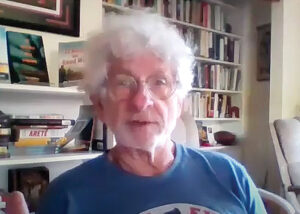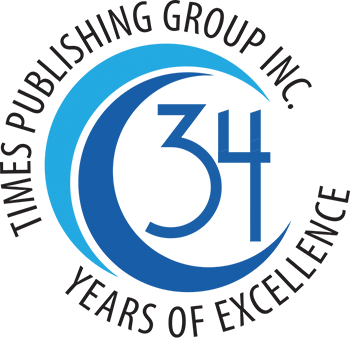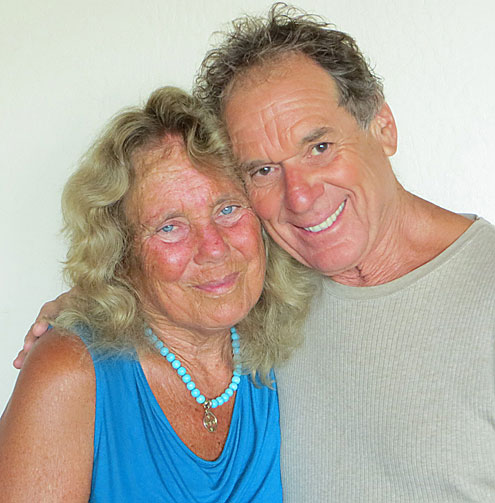By Barry and Joyce Vissell
I feel it is vital for not only men, but also women, to understand the father-son wound, and to know how to heal it.
Over the decades, I have watched (and of course helped) men become better fathers. I have seen men who have had difficult relationships with their fathers go on to father their own children with much more love and awareness.
 Of course there are father-daughter wounds, mother-daughter wounds, and mother-son wounds too. But I want to focus on the father-son wounds for this article.
Of course there are father-daughter wounds, mother-daughter wounds, and mother-son wounds too. But I want to focus on the father-son wounds for this article.
Let’s look at two broad categories: The wounds from abuse and the wounds from neglect.
The wounds from abuse include verbal, emotional, and physical abuse. My father would rage. He was like a volcano. The pressure inside him would build when things didn’t go his way. Then he would explode with loud yelling. Sometimes, the explosion would become physical. I particularly remember defying him when I was perhaps 12 years old. He used his fists on me until I was bloody.
The wounds from neglect include not being present enough (physically or emotionally) or withholding praise and love. My father often worked at a job swing-shift, the afternoon and evenings, a one-hour drive into New York City, making it 10 hours a day. I basically didn’t see him except for the weekends, when he mostly slept. I remember longing to have him play catch with me, but he never did.
Many people don’t realize that the neglect of an absent father can hurt just as much as the abuse of a raging father.
I didn’t realize until I was well into adulthood that my father was often jealous of me. While my older sister, Donna, and my younger brother, Richard, seemed closer to my father, I was deeply bonded to my mother.
A typical evening on the weekend when my father was home involved watching television. There were two couches in our little TV room. On one couch sat my dad with my brother and sister on either side of him. On the other couch, I have fond memories of lying with my head in my mom’s lap, while she stroked my head.
Of course, he felt jealous. The way he expressed these feelings was not healthy. At every meal, when he was present, he insisted on being served first by my mom, and then the children after him.
How do we heal these wounds? If our fathers are still alive, we can have important conversations with them, allowing them to hear our pain. Sadly, I never took the opportunity to do this before my father died. I expressed my anger at him plenty of times, but this did little good.
I would like to offer a powerful method of healing: Vulnerability. Here’s an example from maybe 30 years ago. As a child, I learned to cope with my dad’s outbursts of anger by disappearing emotionally. He would yell and I would be gone.
My body would be in the same room, but my mind and feelings were elsewhere. It’s called dissociation. Joyce would be incredulous after these explosions that I wasn’t aware of what had happened. I realized I needed help to stay in my feelings. I humbly asked the person who was acutely aware of the pain and sadness resulting from these episodes… my wife.

I just had the opportunity to talk with Jed Diamond, mostly about this important topic. You can watch this video conversation on YouTube here: https://youtu.be/pmJvM0_0ToQ.
Thanksgiving was approaching in three months. My parents were planning to be with us for a week. I asked Joyce to train me to stay present in my feelings when the inevitable explosions of rage took place. She asked me how these explosions made me feel. I dug deep and felt the pain, sadness, and yes, fear. This was my key vulnerability that I needed to feel, rather than dissociate. It was like I was training for a marathon. I needed help, and Joyce was a dedicated trainer.
Finally, Thanksgiving came, and my father was in the kitchen wanting to cook something the day after they arrived. My mantra was “be ready, be ready.” My dad couldn’t find an ingredient in our cupboard, and I watched the old familiar build-up of volcanic pressure. The mantra kept going. Be ready. Be ready.
And I was ready when the explosion came. He started yelling at my mother, who was sitting at the dining room table. I allowed myself to feel the pain and sadness, then quickly approached my dad in the kitchen. I gently took hold of his shoulders, looked into his eyes and said, “Dad, your yelling is scaring and hurting me!”
It was just like I had awakened my father from a dream or trance. He was completely unaware of his behavior. I noticed tears forming in his eyes, then he said, “Barry, that’s the last thing I would ever want to do to you.” Within seconds, we were hugging each other, while my mom sat at the table watching and wondering what had just happened.
I was prepared for these explosions to happen often during the visit, but it never happened again, so powerful was my vulnerable intervention.
The key here is to become aware of your feelings. Although Joyce helped me, you may need the help of a therapist.
And what if your father is no longer alive. The healing work can still be done. You can still voice your feelings to him, and it will help you.
Here’s another powerful healing tool: No matter how difficult your father was, nobody is all bad. Remember anything positive about him.
Once you open to even one good memory, others will follow. I now realize a great quality I inherited from my dad. He took social risks that would sometimes embarrass my mom, without caring what people thought about him.
Waiting on the checkout line at the supermarket, he would turn around and look into the shopping cart of the person behind him. He would say, “I see you’re buying asparagus.
What are you planning to do with it? The person would hesitantly start to tell my dad their plans, but he would interrupt with something like, “Let me tell you what would be better.” And then he would, whether the person wanted this or not.
While I sincerely hope I am more sensitive than he was, I hope I have taken his gift to the next level, where I have spoken what I see even if it is met with resistance. Thank you, dad, for this chutzpah!
•••
Joyce & Barry Vissell, a nurse/therapist and psychiatrist couple since 1964, are counselors in Aptos who are passionate about conscious relationship and personal-spiritual growth. They are the authors of 10 books, including their most recent work A Couple of Miracles: One Couple, More Than a Few Miracles, a semi-finalist for the Online Book Club’s Book of the Year, and a free audio album of sacred songs and chants. Visit their web site at SharedHeart.org.



